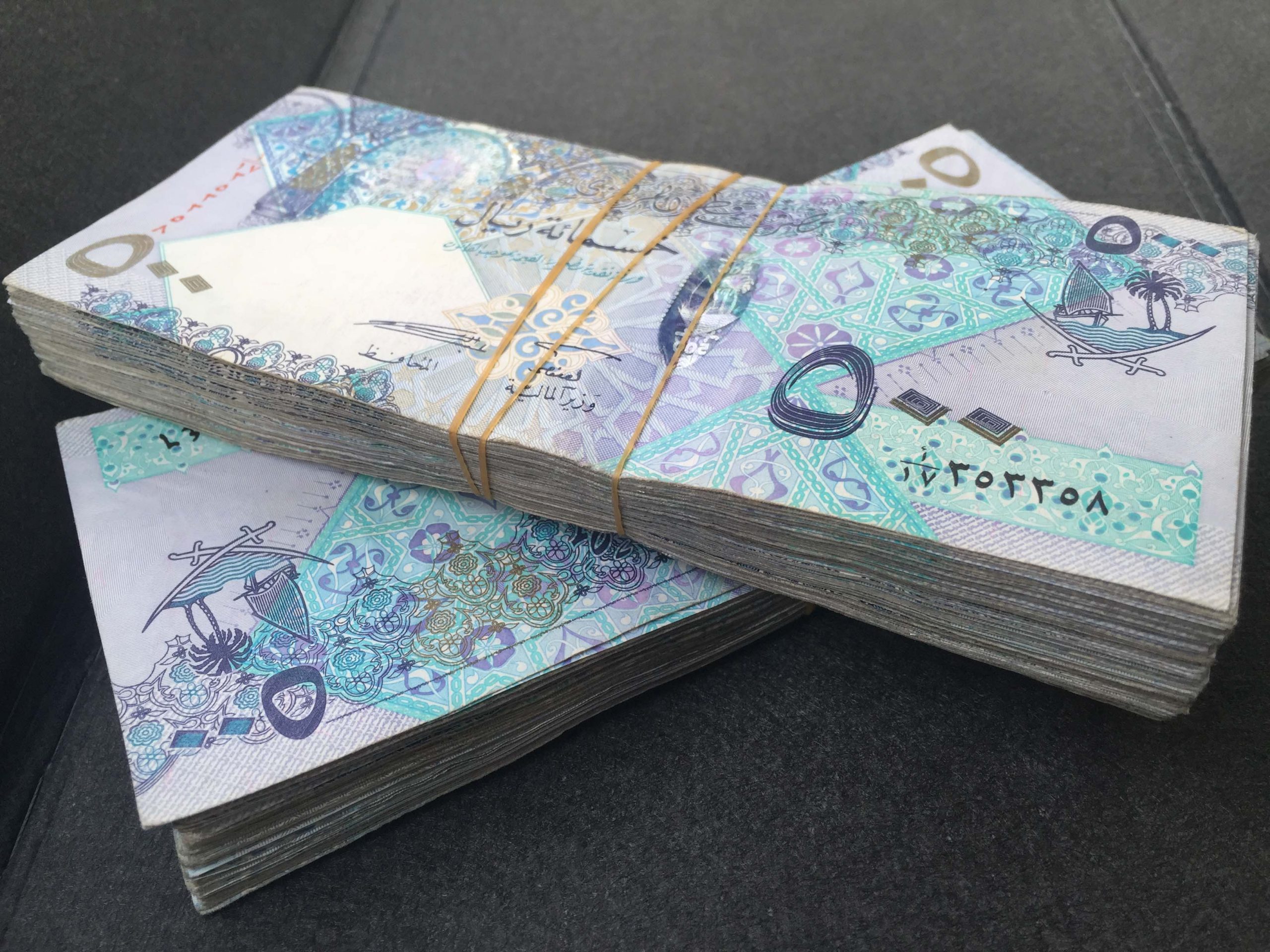
Money launderers will likely try to slip into Qatar during the 2022 World Cup and attempt to take advantage of large volumes of cash changing hands during the tournament, a local expert has said.
Though Qatar already has strong measures in place to combat financial crimes, Qatar University professor Reem Al-Ansari said such issues are “inevitable” during large international events.
She said additional steps are required to respond to the risk posed when an estimated 1 million fans, football officials and journalists are expected to descend on Qatar for the 2022 tournament.
Speaking to Doha News following a public lecture last month at Georgetown University, where she was awarded a 2015-16 fellowship, Al-Ansari said:
“It is inevitable that the numbers of people (entering Qatar) will skyrocket during the games, therefore there will be quite an active cash movement, currencies moving in and out from Qatar.”
She recommended that the country adopt special laws and regulations, such as legislation that would allow authorities to better monitor cash coming into Qatar, to further protect the country against individuals who may try to use the World Cup to mask criminal activity.
Suspicious transactions
Money laundering is a process often used to hide the origins of cash obtained illegally, such as through drug trafficking, or money that is destined for outlawed militant organizations.
During her talk, Al-Ansari said the process involves several steps.
The dirty money needs to be placed in multiple banks and transferred several times before it’s typically used to purchase physical items such as cars or real estate. These items are later sold so that the proceeds can then be used legitimately.
Locally, the Qatar Financial Information Unit (QFIU), a government agency responsible for combating money laundering and terrorism financing, said it flagged 787 suspicious transactions in 2014, the most recent year for which statistics are available.
That’s more than double the 352 cases it recorded the previous year, according to the organization’s annual report.

Some 77 percent of those cases in 2014 related to currency exchange companies. An additional 17 percent involved banks, while the remaining pertained to finance, investment and insurance firms.
When it comes to enforcement, in 2014 the QFIU handed over information about suspicious transactions 33 times to the Ministry of Interior and gave information about an additional 15 cases to their foreign counterparts. One case was given to local financial sector regulators.
While it’s not clear what became of those cases, Qatar’s courts have convicted several individuals facing money laundering charges in recent years.

That includes a Filipina expat who was reportedly sentenced to seven years in prison in a case involving more than US$3 million in stolen funds.
According to an article in the Peninsula last year, money was transferred from Hong Kong to her account in Qatar, where it would be re-routed to bank accounts in China, Malaysia, Singapore and the Philippines.
Money laundering charges were also laid against two North Koreans in Qatar who were illegally manufacturing and selling alcohol and moving the money outside the country, the Gulf Times reported last year.
As an additional enforcement mechanism, Qatar made it more difficult for charities to send money abroad in 2014.
Thoughts?







